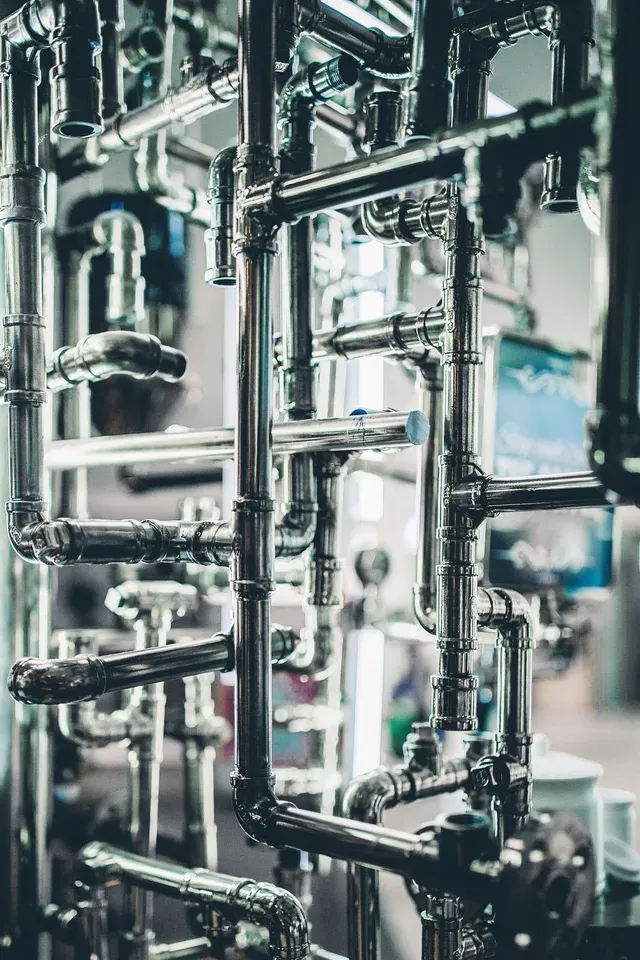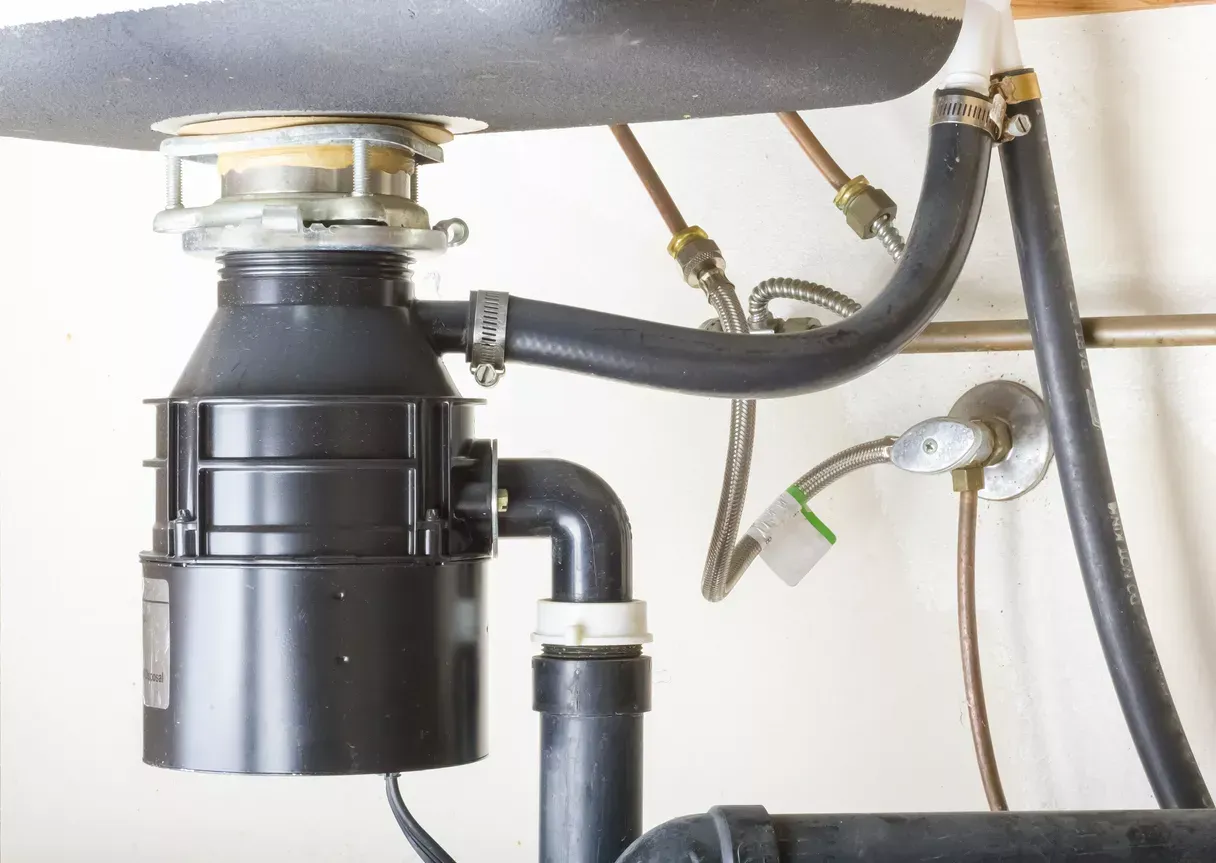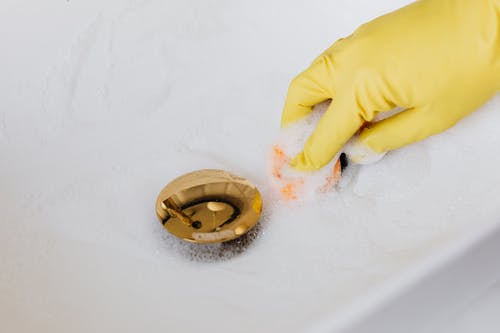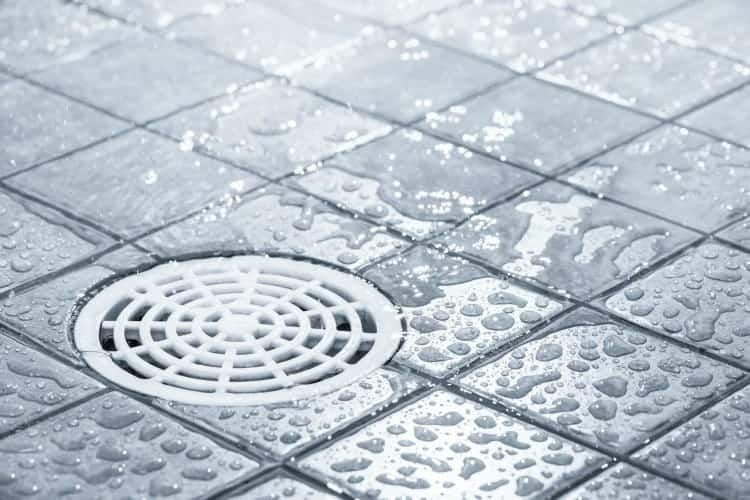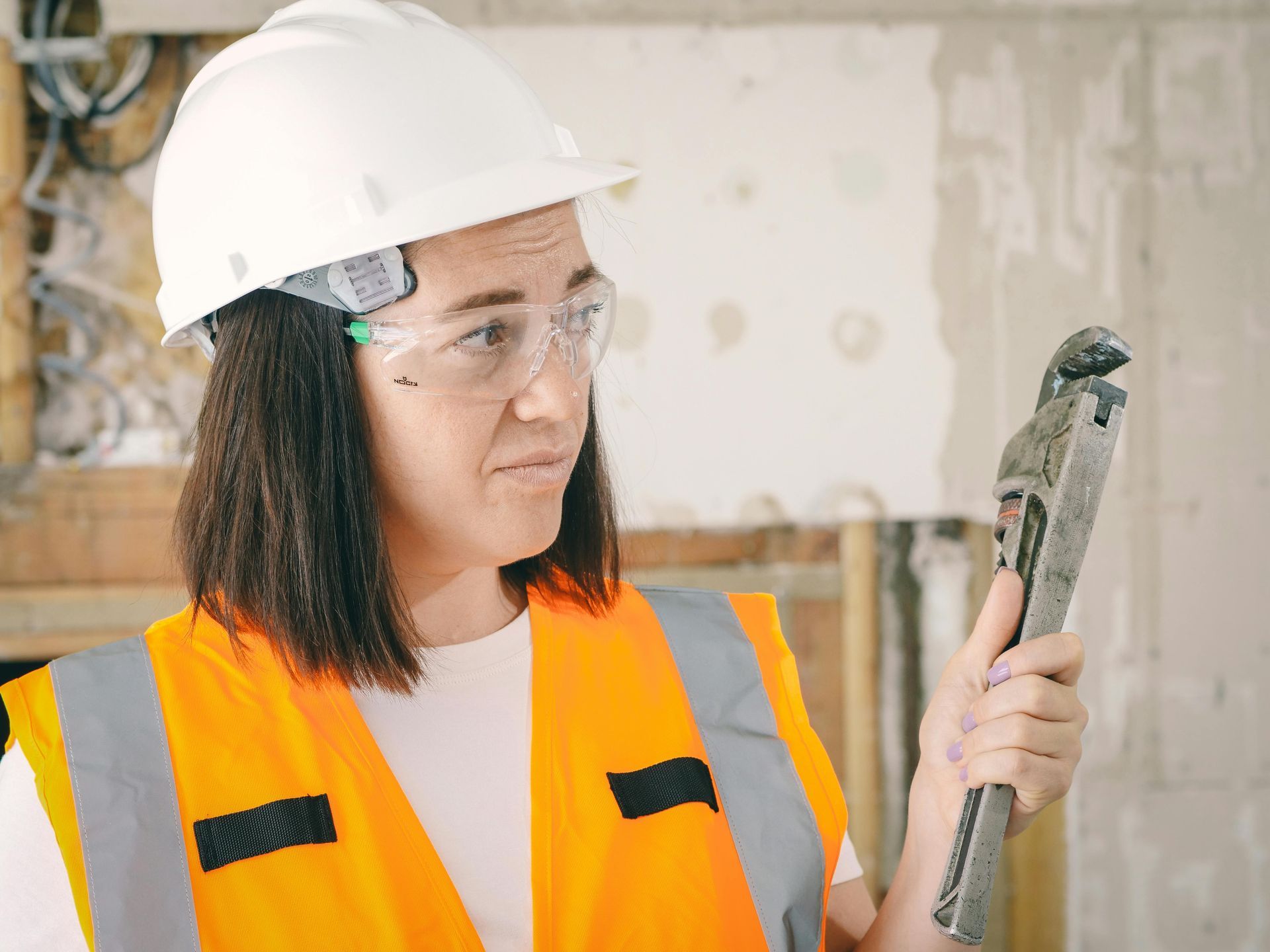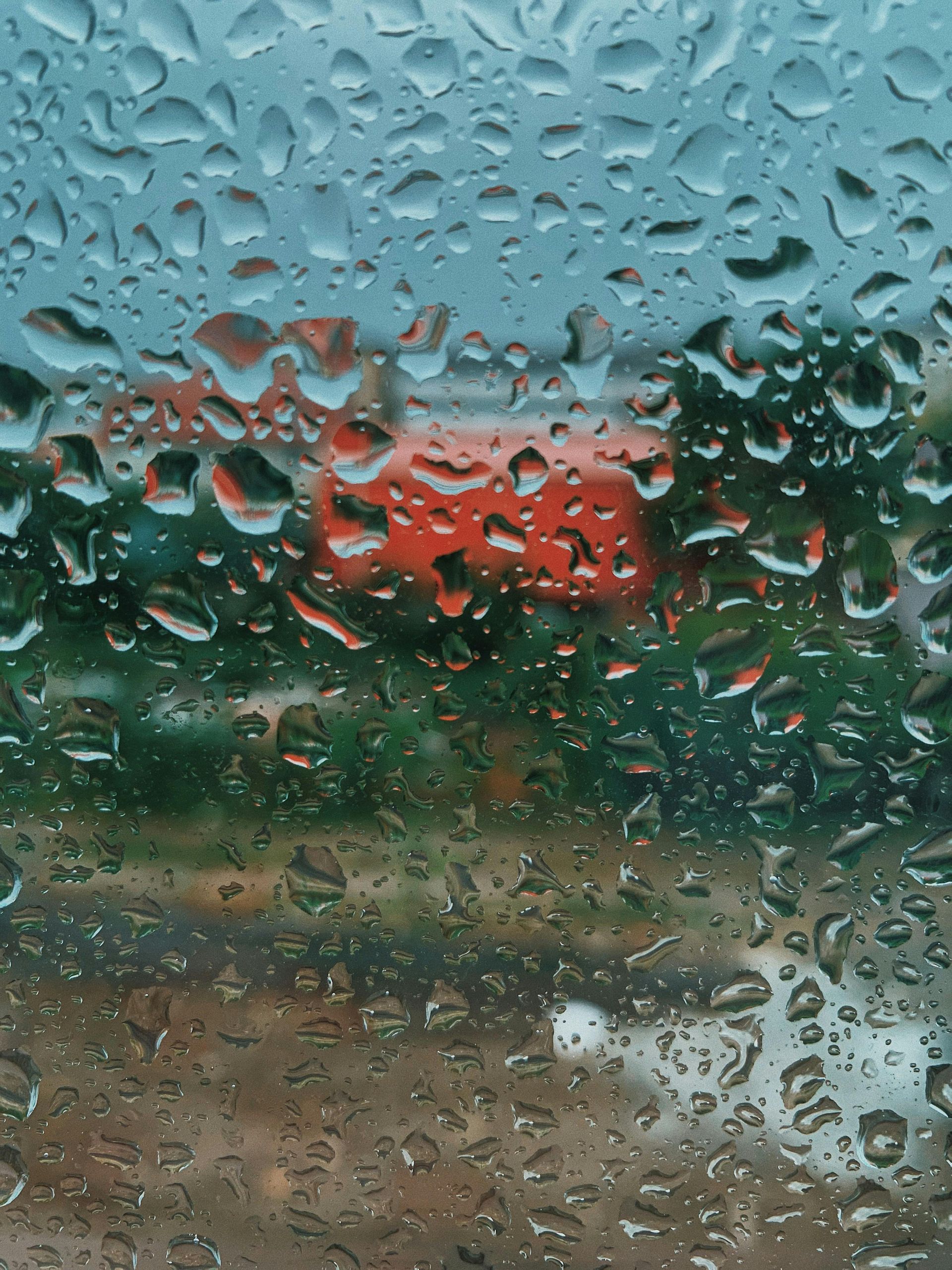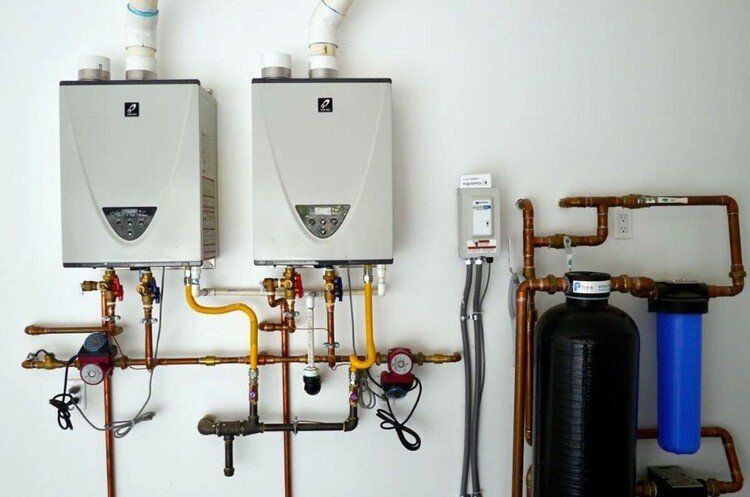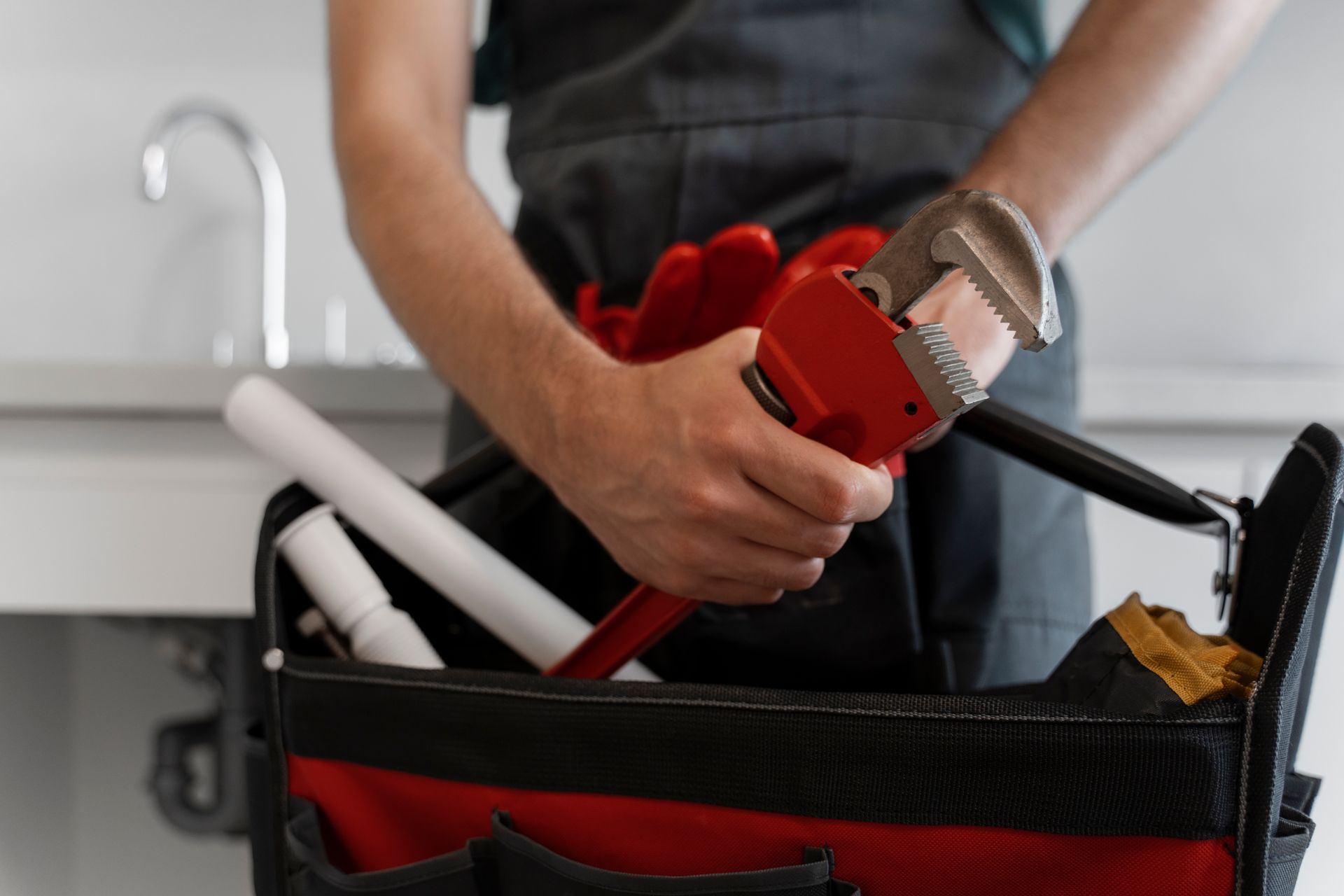The Ultimate Annual Plumbing Maintenance Checklist
Maintaining a home's plumbing system is essential for preserving the comfort, safety, and value of the property. Plumbing issues, if overlooked, can escalate into costly repairs or significant water damage affecting the structural integrity of your home. Annual plumbing maintenance is a proactive strategy that homeowners should adopt to prevent emergencies and extend the lifespan of their plumbing infrastructure. This article presents a comprehensive, step-by-step annual plumbing maintenance checklist to help you systematically inspect and care for your plumbing system, ensuring it operates smoothly throughout the year. Whether you perform routine checks yourself or schedule professional service, understanding these maintenance tasks is crucial to effective home maintenance.
Understanding the Importance of Annual Plumbing Maintenance
Plumbing systems are the arteries of a home—they carry clean water in and waste water out. Due to their constant use and often hidden placement within walls and underground, plumbing systems are susceptible to wear, corrosion, leaks, and blockages over time. Regular maintenance helps diagnose and repair minor issues before they turn into emergencies such as burst pipes, sewage backups, or inefficient water heating. Additionally, maintaining optimal water pressure, checking for leaks, and keeping drains clear can reduce water waste and related utility costs.
Routine annual maintenance is also essential for preventing mold growth caused by slow leaks or damp environments, safeguarding the health of occupants. Engaging with expert plumbers, such as All City Plumbers, to assist with comprehensive assessments ensures specialized knowledge is applied, reducing the risk of overlooked problems and providing peace of mind.
Section 1: Inspecting for Leaks and Corrosion
The first fundamental step in your annual plumbing maintenance is a thorough inspection of all accessible pipes, fixtures, and water appliances for leaks and corrosion. Start by examining under sinks, around toilets, dishwashers, washing machines, water heaters, and visible plumbing lines for any signs of moisture, water stains, or dripping. Even small leaks should be addressed immediately as they can worsen quietly over time causing significant damage.
Corrosion manifests as discoloration, rust, or blue-green deposits on pipes and fittings. Corroded pipes indicate deteriorating material that may soon fail, so replacing these promptly is advisable. Signs of water damage on walls, ceilings, or floors near plumbing should also prompt immediate attention. All City Plumbers recommend using professional-grade leak detectors during inspections to identify leaks hidden behind walls or underground.
Section 2: Water Heater Maintenance
Your water heater is a critical component of your home’s plumbing system, responsible for delivering hot water reliably. Annual maintenance prolongs its operational life and improves safety and efficiency. Begin by checking the temperature setting; the recommended level is around 120 degrees Fahrenheit to prevent scalding and reduce energy consumption.
Flush the water heater tank yearly to remove sediment buildup, which otherwise can cause inefficiencies, leaks, or even tank rupture. Inspect the anode rod that protects the tank from corrosion and replace it if it is heavily corroded or depleted. Also, test the temperature and pressure relief valve to ensure it opens and closes properly, which safeguards against dangerous pressure buildup. If you notice any leaks, strange noises, or fluctuations in water temperature, it's wise to call for help immediately. Knowing what to expect when you call for help—such as a professional diagnosis, part replacement, and system testing—can provide reassurance during this process.
Section 3: Drain Cleaning and Prevention of Clogs
Clogged drains are one of the most common plumbing nuisances. Annually clearing and maintaining drains can prevent slow drainage, unpleasant odors, and potential water damage. Start by cleaning the P-traps under sinks and checking for buildup of debris or hair.
Use a safe mixture of baking soda followed by vinegar and hot water to dissolve minor blockages rather than harsh chemical drain cleaners that can erode pipes. For tougher clogs, a drain snake or professional hydro-jetting service may be necessary. Inspect all household drains including kitchen sinks, bathroom tubs, and laundry areas to ensure water flows freely.
Section 4: Checking Toilets and Fixtures for Proper Operation
Toilets and faucets are frequent points of wear in household plumbing. Open the toilet tank and check the flapper, fill valve, and handle operation to ensure no leaks or running water, which wastes water and can increase bills. Flush the toilet several times to verify it refills properly without noise or delay.
Inspect faucets for drips and loose handles and test all faucets in your home including outdoor spigots for leaks or damage. Replacing worn washers, seals, or aerators can improve water efficiency and performance. Regular faucet maintenance also prevents corrosion and mineral deposits.
Section 5: Testing Water Pressure and Shutoff Valves
Excessive or low water pressure can strain your plumbing system or indicate hidden leaks. Using a water pressure gauge, test pressure at an outdoor faucet or laundry hookup. The optimal range is typically 40-65 pounds per square inch (psi). High water pressure may require installing a pressure regulator, while low pressure could mean a leak or clogged pipe.
Check that all main and local shutoff valves operate smoothly and fully close to enable quick water cut-off in emergencies. Lubricate valves if needed to maintain proper functionality.
Section 6: Outdoor Plumbing and Seasonal Preparations
Outdoor plumbing requires special attention during annual maintenance to prevent winter freeze damage or summer water wastage. Inspect garden hoses, sprinklers, and outdoor faucets for leaks or cracks. Disconnect hoses and drain irrigation systems before winter to avoid pipe bursts.
Ensure gutters and downspouts are clear of leaves and debris to prevent water pooling near your home’s foundation. Insulate exposed pipes in unheated areas with foam or heat tape during colder months.
Section 7: When to Call Professionals
While many annual maintenance tasks can be performed by homeowners, some plumbing issues require professional expertise. If you detect significant leaks, corrosion, sewer line problems, or a malfunctioning water heater, contacting trusted plumbing services like All City Plumbers is essential. Experienced plumbers can provide comprehensive inspections, repairs, and preventive care without risk of further damage.
Knowing what to expect when you call for help—such as thorough diagnostics, transparent cost estimates, and timely repairs—helps to ease the stress of unexpected plumbing concerns and ensures your home's plumbing remains reliable year-round.
Conclusion
Approaching plumbing care with an organized annual maintenance checklist safeguards your home from costly repairs, conserves water, and enhances the longevity and efficiency of your plumbing system. Integrating inspections of pipes, water heater care, drain cleaning, fixture checks, and outdoor plumbing tasks into your routine home maintenance plan will keep your plumbing in excellent condition.
Remember, while some DIY tasks are manageable, partnering with professional plumbers like All City Plumbers for specialized service maximizes protection and peace of mind. Staying vigilant and proactive ensures your home remains comfortable, safe, and worry-free when it comes to plumbing all year long.

